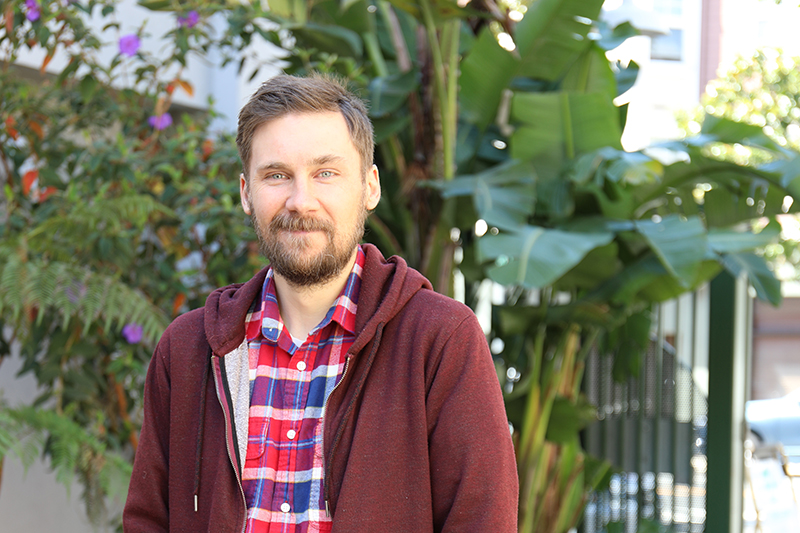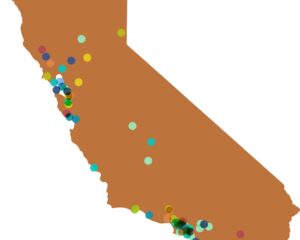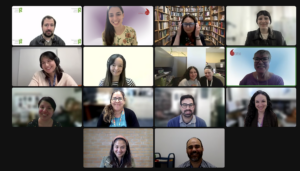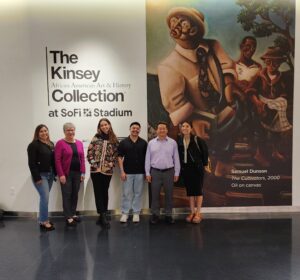Name: Steven Loscutoff
Title: Administrative Assistant
Previously: SFJAZZ, Donor Solicitations Assistant
Guiding Quote/Tagline: “Creativity takes courage.” — Henri Matisse
Currently Reading: Pop Art: A Colorful History by Alastair Sooke
Favorite moment of California history:
A pivotal moment in California for me would have to be the exhibition that defined the Bay Area’s signature art scene: Contemporary Bay Area Figurative Painting, held at the Oakland Museum of Art (now the Oakland Museum of California) in 1957. This group art show was the first of its kind in this style, and signaled the attention given by the art establishment to a decade-long exploration by Bay Area artists David Park, Elmer Bischoff, and Richard Diebenkorn as they moved away from total gestural abstraction and returned the figure to the picture by responding to their West-Coast locales, contemporary figures, and the literary culture of the West Coast Beat scene—doing so with a luminous palette that recalled European post-impressionism and urban expressionism.
What was it about California Humanities that first appealed to you?
California Humanities continues to work in affording opportunities for creatives and organizations of incredible variety. These opportunities have led to interesting projects that display how important a role storytelling plays in our cultural understanding and shared history. The plethora of programmatic themes, ranging from symposiums and archival projects to film, performing arts, and exhibitions, demonstrates the diversity of the people of this state and allows us a better understanding of who we are, while at the same time engaging an audience through the activation of local spaces.
What have you been up to in your first month on staff?
The first month has been focused on coordinating Board meetings and committee calls, as well as supporting a few research projects to better serve our constituents.
What are you most looking forward to in the coming year?
The opportunity to work with such a varied and diverse board of directors – including professors, entrepreneurs, public policy advocates and more—all positioned throughout the state, and each of whom brings to California Humanities a breadth of experience, knowledge and insight.
At California Humanities, we strongly believe that the humanities are a relevant and meaningful way to connect us to each other. How do you see this coming across in our everyday lives?
This connection can certainly be seen in the context of food. Cultures come together over the course of a meal—the food itself is a narrative reflection to an immigrant experience, as well as being conceived as a personal anecdote to relationships of family and ancestry. The language of food isn’t constrained by location, rather serving to reduce barriers and inflect new partnerships in cultural understanding. Moreover, food can be the instigator that brings people together to converse, relate, disagree and, in the end, enjoy the experience of similarities and differences that make us human.
Tell us one thing that you would like people who don’t already know you to know about you?
I’ve begun to collect original art from up-and-coming contemporary artists. It’s fantastic to go to local galleries and see what visual languages are being produced by young artists—the ideas, constructions, and relationship to the world they are creating through their own work. I get to participate in my own way through this support of their work in a very direct way that I find rewarding, while at the same time the art serves to brighten up my own home.
What is your hidden talent/superpower?
My powers of observation.





